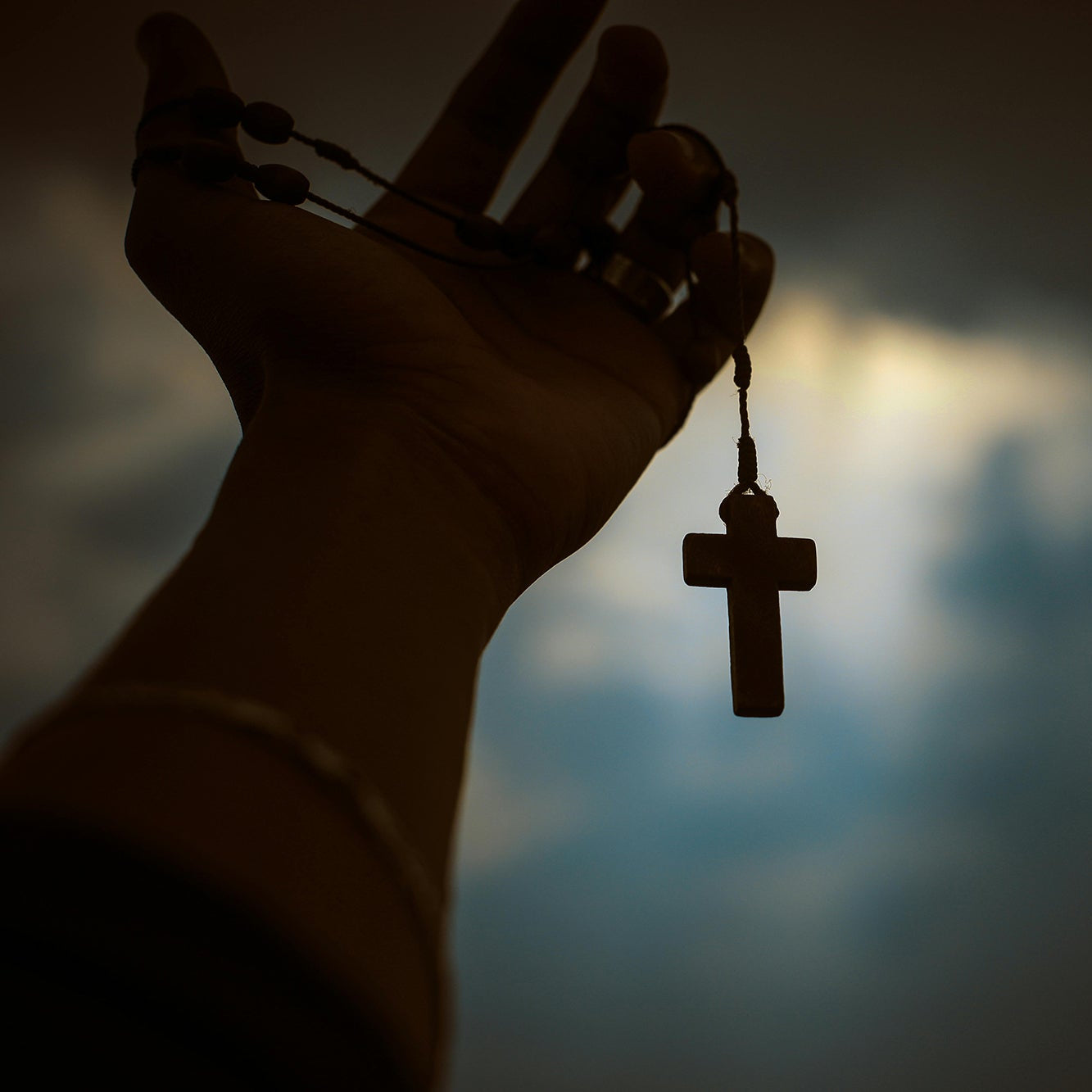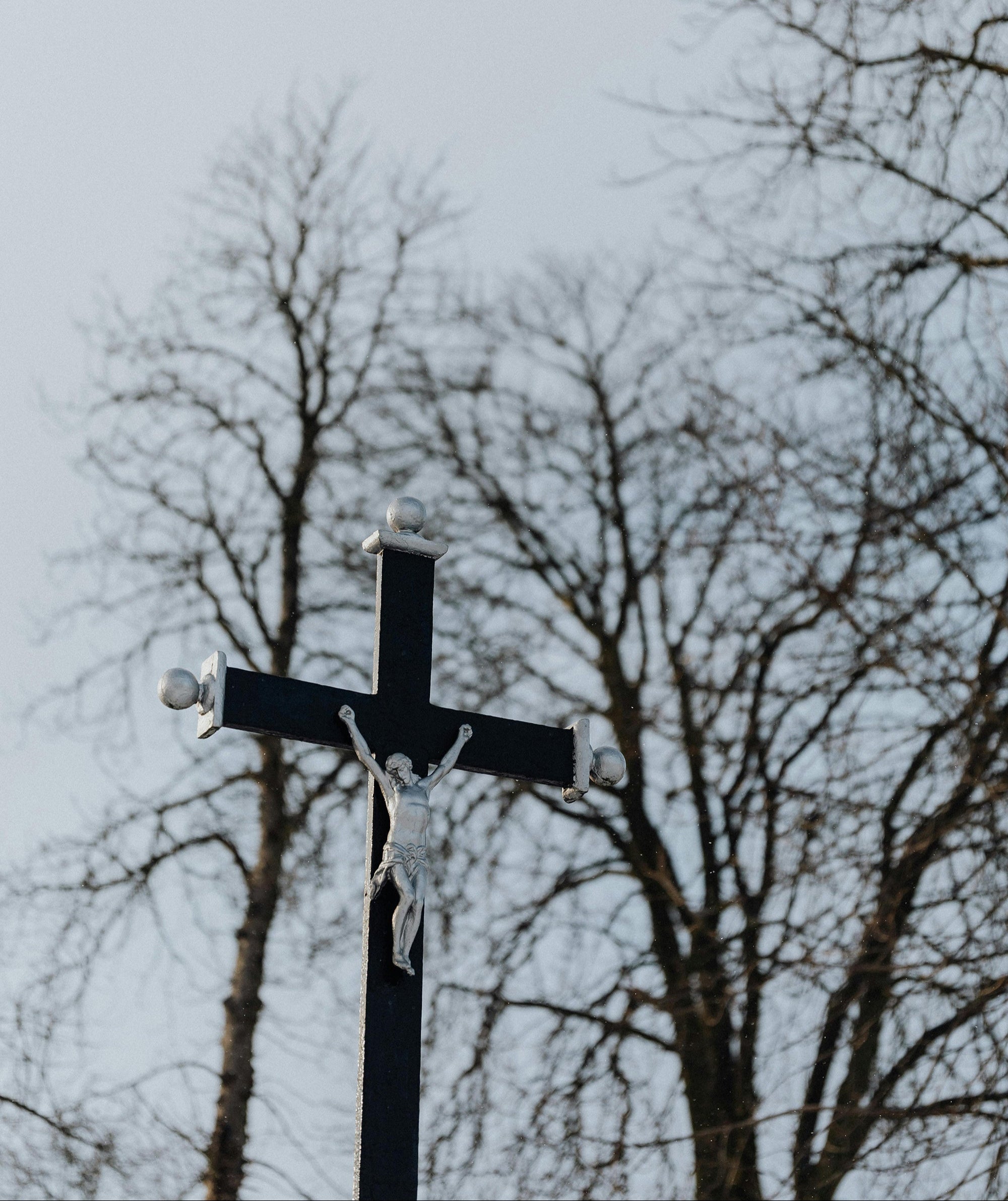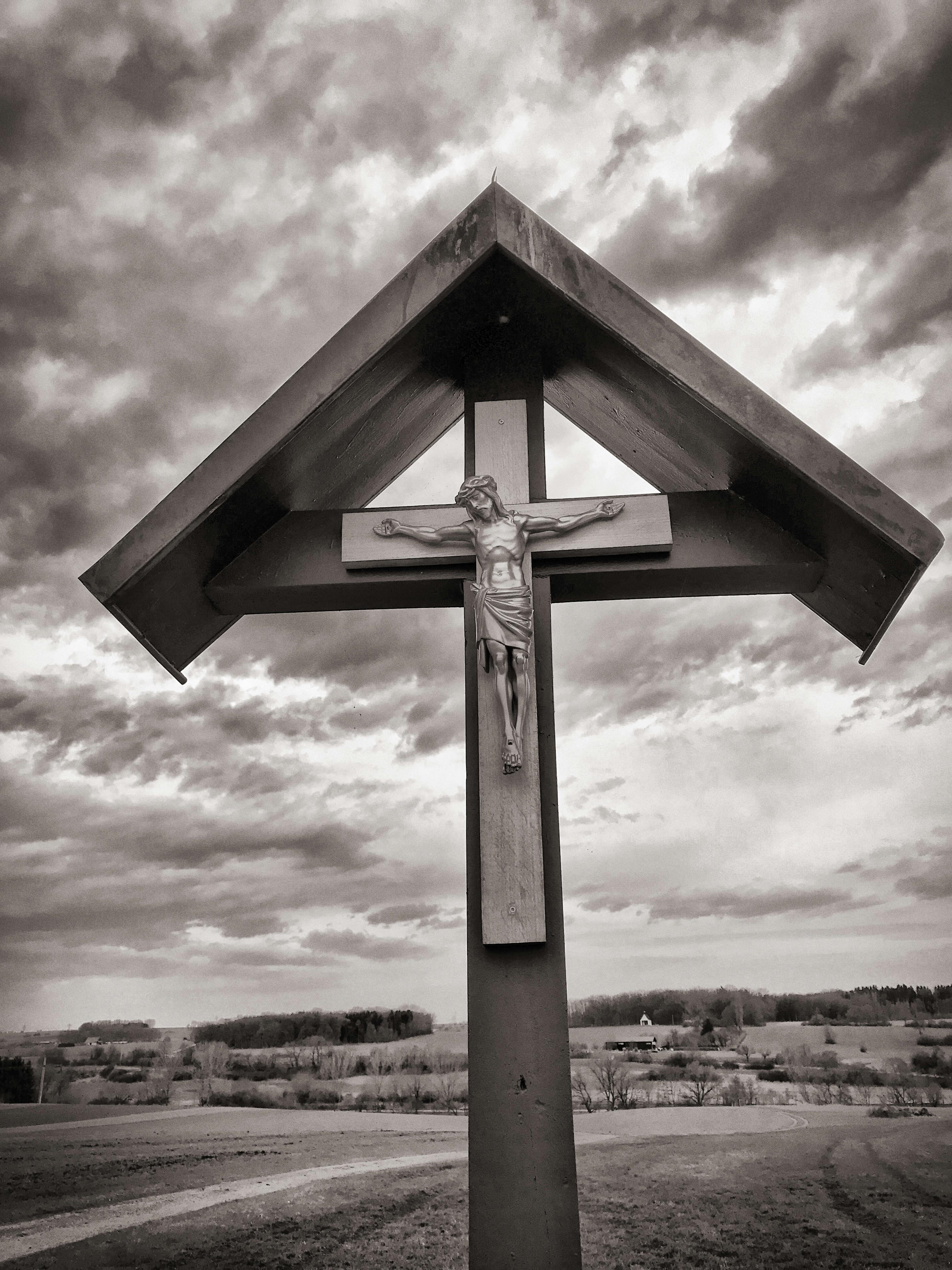St. John the Baptist: A Life of Faith, Humility, and Boldness
St. John the Baptist holds a significant place in Christian history and theology. Known for his boldness in preaching repentance and baptizing people in the Jordan River, he was the forerunner of Jesus Christ and the one who prepared the way for the coming of the Messiah. His life, teachings, and role in salvation history offer profound lessons about faith, humility, and courage.
The Birth of St. John the Baptist
St. John the Baptist’s story begins even before his birth, with a miraculous event. According to the Gospel of Luke, his parents, Zechariah and Elizabeth, were elderly and had no children. They were devout, yet they had long given up hope of having a child. However, the angel Gabriel appeared to Zechariah, telling him that his wife would bear a son, who would be filled with the Holy Spirit even from birth (Luke 1:15). This son was to be named John, and he was chosen to fulfill a special mission—to prepare the way for the Lord (Luke 1:16-17).
John’s birth was not only miraculous but also a sign of God’s divine plan unfolding. His life was dedicated to serving God’s purpose, and his message would prepare the hearts of the people for the coming of Jesus.
The Ministry of St. John the Baptist
John’s ministry was one of repentance and renewal. He called people to turn away from sin, to live righteous lives, and to be baptized as a sign of their repentance. His powerful message attracted large crowds to the wilderness, where he would baptize them in the Jordan River, symbolizing the cleansing of their sins.
John’s boldness in speaking out against sin was a key feature of his ministry. He was not afraid to confront the religious leaders of his time, even calling them a “brood of vipers” (Matthew 3:7) for their hypocrisy and lack of true repentance. His message was not just one of personal purification but also of societal transformation. John’s call to repentance was an invitation for the people to prepare for the coming of the Messiah, Jesus Christ.
One of the most significant moments in John’s life came when he baptized Jesus. Even though John recognized Jesus as the Messiah, he humbly stated that he was not worthy to baptize Him (Matthew 3:14). However, Jesus insisted, saying that it was necessary to fulfill all righteousness (Matthew 3:15). The baptism of Jesus marked the beginning of His public ministry and confirmed John’s role in God’s redemptive plan.
The Humility of St. John the Baptist
One of the most striking qualities of St. John the Baptist was his humility. Despite his powerful ministry and the crowds that flocked to him, he always pointed others toward Jesus. He did not seek fame or power for himself. When his disciples questioned him about Jesus, John humbly acknowledged that Jesus was the “Lamb of God, who takes away the sin of the world” (John 1:29). He famously said, “He must increase, but I must decrease” (John 3:30), signifying his complete selflessness and devotion to God’s will.
John’s humility serves as a powerful lesson for Christians today. In a world that often values fame, recognition, and personal achievement, John’s life challenges us to focus on serving God and others rather than seeking personal glory. He demonstrated that true greatness comes not from earthly power but from living in faithful obedience to God.
The Boldness of St. John the Baptist
While humility was a defining characteristic of St. John, so was his boldness. John was not afraid to speak the truth, even when it was uncomfortable or dangerous. He boldly preached repentance to the people, calling them to change their ways in preparation for the coming of the Lord. He fearlessly confronted King Herod, calling out his immoral relationship with his brother’s wife, Herodias. This boldness ultimately led to John’s imprisonment and martyrdom.
John’s boldness reminds us that following Christ sometimes requires standing up for truth, even in the face of opposition. His life encourages us to speak out against injustice, to challenge sin, and to be faithful witnesses of the Gospel, no matter the cost.
The Death of St. John the Baptist
St. John the Baptist’s life ended in martyrdom. After confronting Herod about his unlawful marriage to Herodias, Herod had John arrested and imprisoned. During a banquet, Herodias’ daughter, Salome, danced for Herod, and in his delight, he promised to give her anything she wanted. At her mother’s request, Salome asked for the head of John the Baptist on a platter (Mark 6:21-29). Herod, though distressed, gave in to her request, and John was beheaded.
John’s death was a tragic but fitting conclusion to a life lived in faithful service to God. His martyrdom was a testament to his unwavering commitment to truth and righteousness, even in the face of death. The Church remembers and honors John’s sacrifice as a reminder of the cost of discipleship.
Lessons from St. John the Baptist
St. John the Baptist’s life offers profound lessons for Christians. From his humility in pointing others to Christ, to his boldness in speaking the truth, to his faithfulness even in the face of death, John’s example challenges us to live with a deep commitment to God’s calling. His life reminds us that our mission as Christians is not to seek personal glory but to serve and honor God, preparing the way for His kingdom.
As we reflect on the life of St. John the Baptist, let us ask ourselves how we can live with the same devotion, humility, and courage in our own lives. Let us follow his example in preparing the way for Christ, living faithfully, and boldly proclaiming the truth of the Gospel.





















